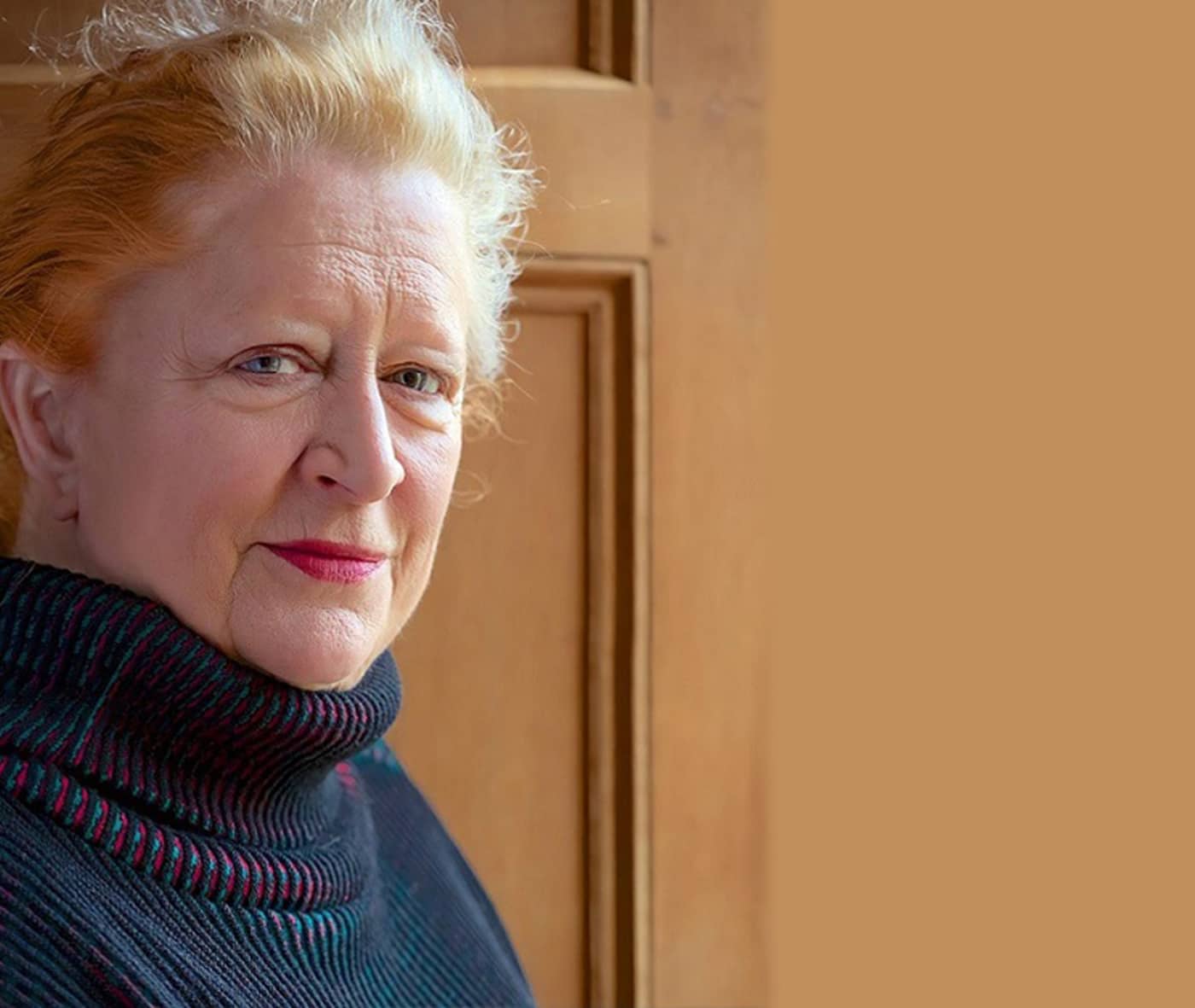
#112
The Power of Uncertainty: Why Letting Go of Certainty Fuels Creativity and Success
Margaret Heffernan is a pioneering business leader, author, and thinker who has transformed the way we approach leadership, innovation, and uncertainty. She began her career producing TV and radio for the BBC before going on to become CEO of several US companies. She was named one of the “Top 100 Media Executives” by The Hollywood Reporter.
Margaret is currently a Professor of Practice at the University of Bath School of Management, and in 2023, she was inducted into the Thinkers50 Hall of Fame for her enduring contribution to management thinking. She has authored several bestsellers, including A Bigger Prize, Uncharted, and Willful Blindness, which was recognised as one of the most important business books of the decade by the Financial Times.
In her writing, Margaret challenges conventional business wisdom and advocates for collaboration, creativity, and resilience in an unpredictable world. Her TED talks have garnered over fifteen million views globally, sparking discussions on why we ignore obvious risks and how small organisational changes can lead to profound results. Her new book, Embracing Uncertainty, was published in March 2025.
Summary
05:10 Why do people struggle with uncertainty?
- Humans naturally seek control and predictability to feel secure.
- The illusion of certainty can be comforting, even when it’s misleading.
- Societal structures often discourage questioning and uncertainty.
- Accepting uncertainty allows for more creative and effective problem-solving.
12:45 What can we learn from creatives about handling the unknown?
- Artists and writers constantly work with uncertainty as part of their process.
- Creativity flourishes when people embrace ambiguity and experimentation.
- Failure is an essential part of learning and discovery.
- Businesses can benefit from adopting the iterative and adaptive methods used in creative fields.
20:29 Why do we struggle with uncertainties even when there are clues and predictions about risks like pandemics?
- People tend to ignore risks that seem abstract or distant.
- Societies often prioritise short-term stability over long-term preparedness.
- Even with expert warnings, human nature resists change until a crisis occurs.
- The COVID-19 pandemic exposed systemic weaknesses in how organisations and governments handle uncertainty.
28:35 How can organisations prepare for uncertainty without rigid planning?
- Traditional strategic planning assumes a predictable future, which is rarely the case.
- Flexible frameworks and scenario planning are more effective in uncertain environments.
- Encouraging diverse perspectives leads to better risk assessment and decision-making.
- Psychological safety within teams allows for open discussions about potential challenges.
36:48 The role of technology in managing uncertainty
- Technology helps with data-driven decision-making, but it cannot eliminate uncertainty.
- Over-reliance on predictive models can create a false sense of security.
- AI and automation still struggle with unpredictable human and environmental factors.
- The key to resilience is human adaptability, not just technological advancement.
44:15 The paradox of planning: How much structure is too much?
- Excessive planning can lead to inflexibility when unexpected events arise.
- The best strategies balance preparation with adaptability.
- Some of the most successful innovations come from responding to unforeseen challenges.
- Leaders should foster a mindset of continuous learning and agility.
52:10 How can individuals build resilience in an uncertain world?
- Developing a mindset that embraces change reduces stress and fear.
- Seeking diverse experiences and challenges strengthens adaptability.
- Strong networks and supportive communities provide stability.
- Learning from past disruptions helps individuals and organisations prepare for the future.
59:30 Final thoughts: Why embracing uncertainty is essential for growth
- The future is always unpredictable, but that doesn’t mean it’s unmanageable.
- Those who see uncertainty as an opportunity rather than a threat are more likely to succeed.
- Creativity, flexibility, and resilience are crucial skills in an ever-changing world.
- Margaret Heffernan’s key takeaway: uncertainty should be welcomed, not feared.
Links mentioned:
- Connect with Margaret Heffernan on LinkedIn
- Margaret Heffernan’s Website
- A Bigger Prize – Book
- Uncharted – Book
- Willful Blindness – Book
- Embracing Uncertainty – Book
- TED Talk: The human skills we need in an unpredictable world | Margaret Heffernan
- Margaret Heffernan’s other video talks